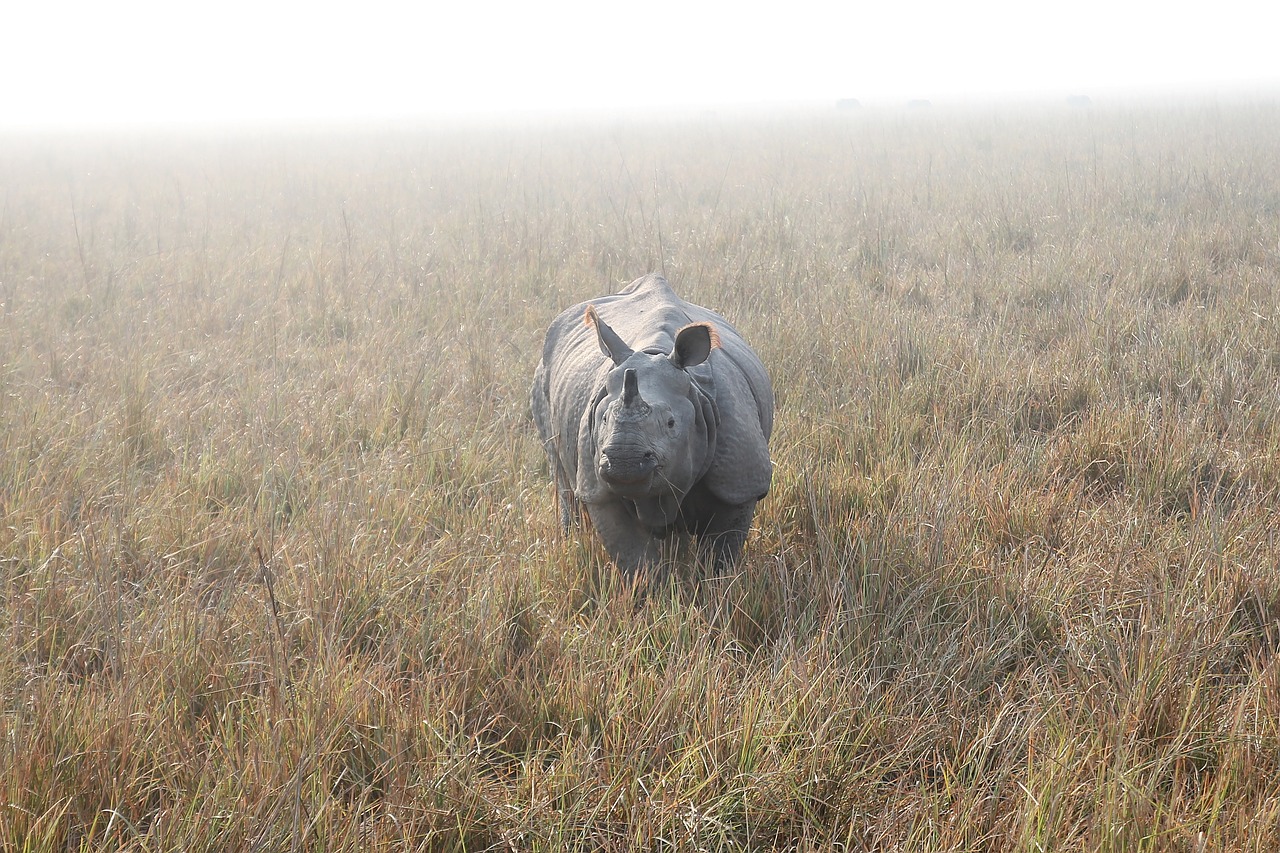One of the rarest rhino species on Earth passed a tragic milestone this past week when a Copenhagen-based team of researchers concluded that no more Sumatran rhinos exist in Malaysia.
According to an article by Discovery News, the country has two rhinos in captivity for breeding purposes. With the extinction of the rhino in Malaysia, researchers have estimated that less than 100 of the beasts are alive in the wild.
A concurrent story by TIME magazine stated that the remaining wild Sumatran rhinos are all living in Indonesia.
The conclusions of the study were published in Onyx, a conservation journal. Conservation was also a part of the team’s research. They recommended that the Indonesia make a priority of the protection of the last remaining rhinos.
Part of that protection will includes understanding the causes of the rhino’s extinction in Malaysia, which, include “loss of habitat,” “being poached,” and “living too far apart.”
The Sumatran rhinos are going extinct because they’re losing their habitat, being poached for their horns and living too far apart from each other, researchers said.
A protection plan for the remaining in-the-wild rhinos includes creating an international program which coordinates the efforts of multiple countries and treats the remaining rhinos as a “metapopulation” (one group) in order to sustain “birth rates.”
It is vital for the survival of the species that all remaining Sumatran rhinos are viewed as a metapopulation, meaning that all are managed in a single program across national and international borders in order to maximize overall birth rate.
The proposed conservation plan would also includes the nine Sumatran rhinos held in captivity in several locations across the world: three in Malaysia, five at a rhino sanctuary in Sumatra, Indonesia and one in Cincinnati, Ohio.
Widodo Ramono, director of the Rhino Foundation of Indonesia, was quoted as saying that Indonesia’s conservation effort must be a “strong effort” with an “intensive survey of the current known habitats” and more.
























